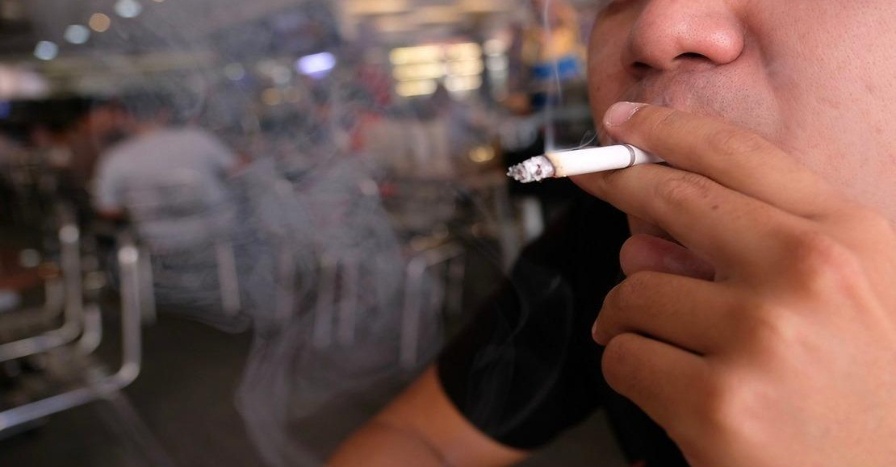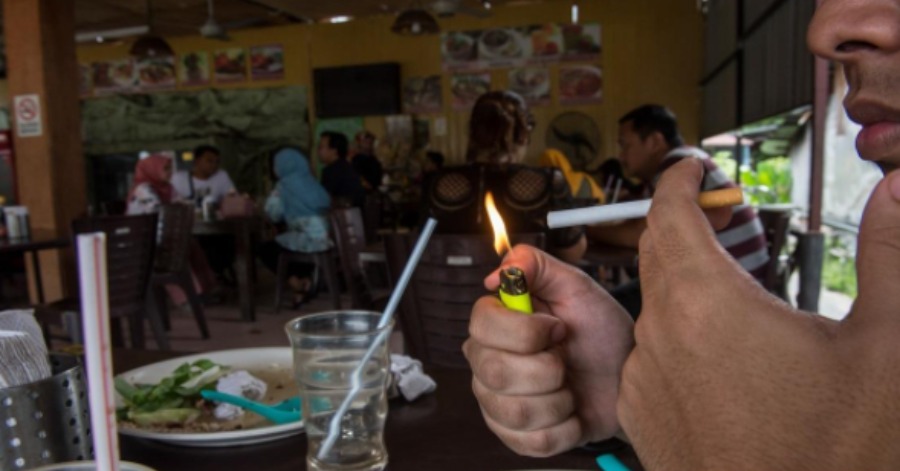In conjunction with World No Tobacco Day on 31 May 2022, it is worth highlighting the hard facts that tobacco is killing us and our planet.
Do you know that six billion trees have been chopped down to make cigarettes, 84 million tonnes of CO2 emissions are released into the air raising the global temperatures, and 22 billion litres of water are used to manufacture cigarettes? All these are adding unnecessary pressure to our already resource-scarce planet.
The story does not end just here. Annually, there are six trillion cigarettes consumed and 4.5 trillion of them being discarded worldwide. The cigarette, once lit up, pollutes our air. Its environmental damage effect lingers, in the form of non-biodegradable butts, even long after it has been stubbed out. This is how the tobacco industry destroys our environment and further harms human lives.
Tobacco use (smoking and smokeless) is recognised as one of the foremost avoidable contributors to the world’s mortality statistics. It is a key modifiable risk factor for non-communicable diseases such as cancer, lung, and cardiovascular diseases.
Premature deaths
The World Health Organisation (WHO) has projected that tobacco use leads to the premature deaths of about eight million people worldwide annually. This estimation includes approximately 1.2 million non-smokers who are also foreseen to die due to second-hand cigarette smoke.
As the country transitions into the endemic phase of COVID-19, almost all economic sectors have gradually returned to their businesses. Of course, dine-ins are allowed, just like in the pre-COVID-19 era. Just a kindly reminder that smoking, including vaping, is prohibited in both air-conditioned and open eateries. The law came into effect in January 2020 under the Control of Tobacco Product (Amendment) Regulations 2018.
Social responsibility
While many criticise the Ministry of Health for not conducting enough enforcement activities, every citizen should stand out to show our social responsibility. You are the agent and the authority’s eye to safeguard smoke-free places. See it, stop it and report it. You can report to either the shop owners, the local health authority, or even the Ministry of Health via the hotline at 010-860 8949 (name of the food premises, location/address and type of offence will be required for more efficient further action to be taken by the respective authority). Inevitably, the hotline should be displayed and visible at all the gazetted smoke-free places to ease the process of reporting by the public.
Whereas for smokers, be considerate not to light up or puff when there are other people around, especially the vulnerable groups, such as kids, pregnant women, the elderly and people with chronic illnesses. Speak to healthcare professionals to get further advice and assistance to quit smoking, at the nearest healthcare facilities or virtually through www.jomquit.com.
All forms of tobacco are harmful, and there is no safe nicotine level or safe exposure level to any tobacco. It’s everyone’s right to breathe in the fresh air. We need more smoke-free areas in the country. Smoking behaviours should be denormalised, and it should come to an end. (Does ‘it’ stand for smoking? Then can replace ‘it’ with ‘smoking’. If it stands for ‘behaviours’ then ‘behaviours’ should be changed to ‘behaviour’.) In tandem with many other tobacco control policies, the Generational End Game (GEG) is the way forward. It’s our responsibility to protect our young generation against this harmful product.
Protecting the health of all students
The University of Malaya is the first institution of higher learning in the country to launch its Policy for the Control of Tobacco and Smoking Products on World No Tobacco Day 2022. The aim is to protect the health of all students, employees and visitors by providing a safe and healthy campus environment that is free of tobacco and smoking products.
In line with the National Strategic Plan on Tobacco Control 2021-2030 and the WHO Framework Convention on Tobacco Control (FCTC) recommendations, the policy embraces several essential components: screen all newcomers (students and staff) about their smoking status; encourage and provide support to all staff and students who intend to quit smoking; ban on advertising, sponsorship, distribution and/or sale of tobacco products and other smoking products; prohibit any acceptance of sponsorship from the tobacco industry and smoking products for research projects and any financial assistance to any staff and students.
No tobacco leads to a healthier planet and healthier people. Together we should fight for fresh air and a clean environment. It’s our obligation to preserve our planet for us to continue to live in a healthy environment.
Sources: BERNAMA





